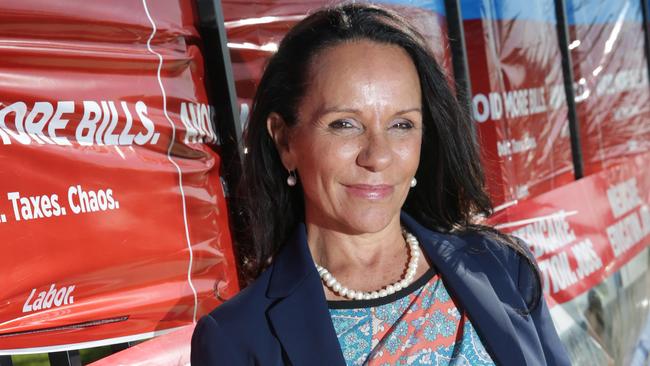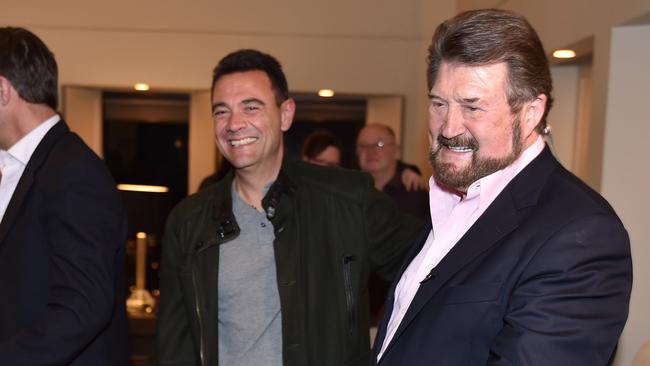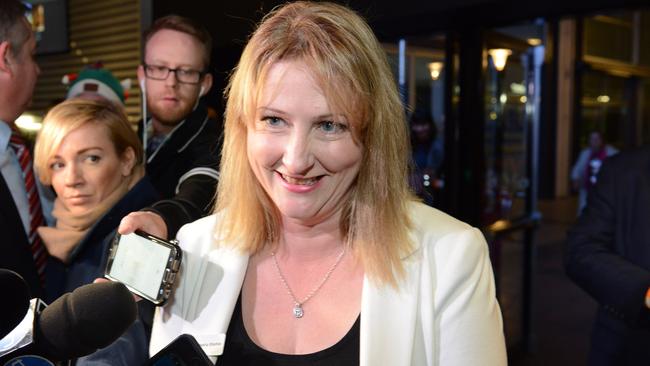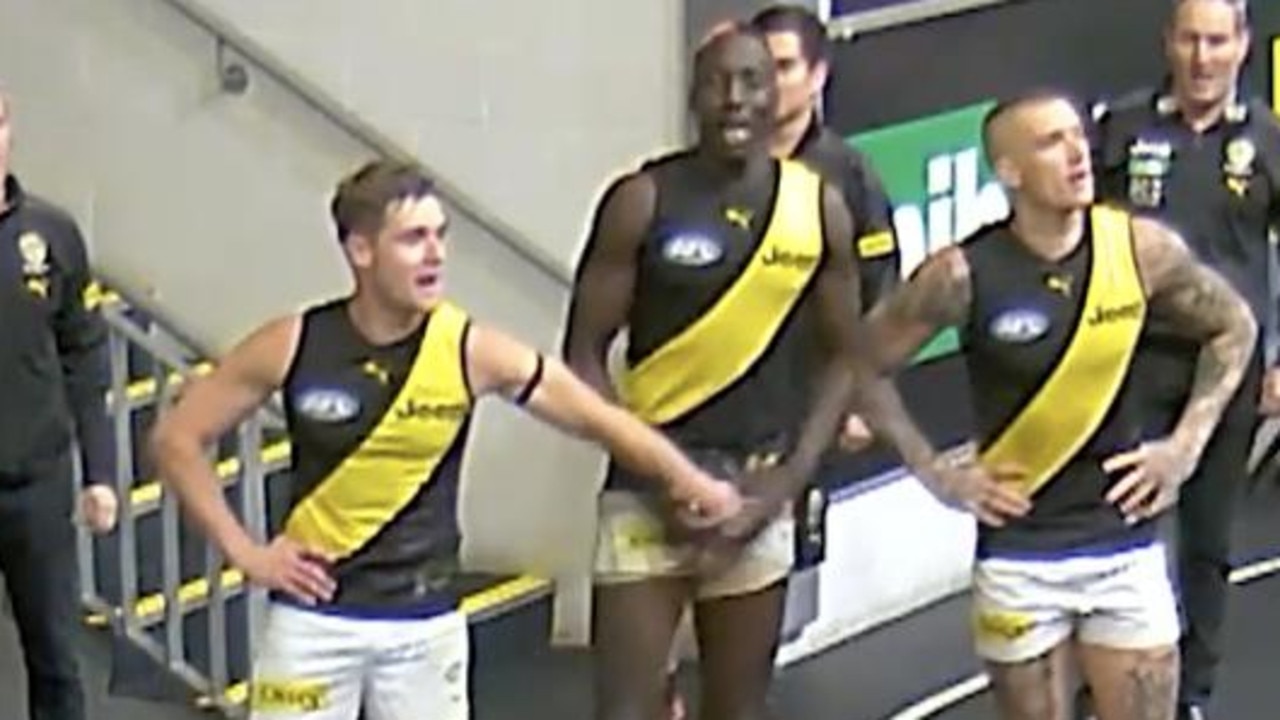No clear election result but great personal wins for candidates
LET’S hope Linda Burney, the first indigenous woman elected to the lower house, uses her position to campaign for Aboriginal recognition in the constitution, writes Susie O’Brien.

Susie O'Brien
Don't miss out on the headlines from Susie O'Brien. Followed categories will be added to My News.
CONGRATULATIONS to Linda Burney, the first indigenous woman elected to the lower house of the Australian Parliament.
It’s been a long time coming, but it’s terrific to see someone with Ms Burney’s background hold such a position.
Ms Burney, who was also the first indigenous woman elected to the NSW Parliament, is a former national president of the ALP and has a long political history.
Ms Burney grew up not knowing her Aboriginal family and only met her father when she was in her 20s. She grew up just 40 minutes away from her 10 brothers and sisters, who she also only met later in life.
BOLT: Turnbull must now resign
Let’s hope Ms Burney uses her position to campaign for Aboriginal recognition in the constitution and to close the gap in terms of health and education.
I’m also happy to see the Justice Party’s Derryn Hinch elected. Let’s hope he can bring in some much-needed commonsense on the issue of justice in sentencing, parole reform and bail reform.
It’s also good to see the election of the openly gay former Human Rights Commissioner Tim Wilson in Goldstein, who succeeded despite a smear campaign telling voters he was a “danger to families”.
I’m less excited about the return of the infamous Pauline Hanson in Queensland.
She was an early winner on election night, along with Nick Xenophon, who picked up a prized lower house seat on his first bid at a national ticket. His candidate Rebekha Sharkie was elected to the Adelaide Hills seat of Mayo by 9pm.


Clearly, voters weren’t put off by Mr X’s penchant for polyester suits and his habit of zipping around Adelaide in his putrid tiny Toyota. (I’ve had a lift in the X-mobile, and had to watch him a lift pile of papers and food rubbish in order to make room for me on the back seat).
Mr Xenophon’s popularity belies the fact that he is socially quite conservative.
His party is pro-marriage equality but still wants to give churches the right to decide whom they will marry. His party also wants to give asylum seekers the right to be treated with dignity, but it is not against offshore processing.
Still, this is his best chance yet of bringing about real reform on stemming the losses from poker machines.
Despite a swing of 2.9 per cent, Labor won’t be able to govern in its own right: that much is clear.
The result for Labor wasn’t as embarrassing as it could have been, but it also wasn’t as good as it should have been.
Clearly, Labor’s scare campaign on Medicare didn’t wash with voters. Mr Shorten pledged to save Medicare, but voters weren’t sure it was actually at risk. In Victoria Mr Shorten was also battling the impact of the divisive CFA dispute, which damaged the party’s ability to win the seat of Corangamite.
The same goes for PM Malcolm Turnbull, who tried to be everything to everyone but ended up standing for very little. He was too progressive for the hard-core right, but too right wing for the progressives. This often left him in no-mans land, as the results clearly show.
As I write the outcome is still too close to call, but some key moments are worth noting.
It was the first time two openly gay candidates representing the major parties stood against each other.
It was the first time voters could choose between candidates such as Patchouli Paterson in Corangamite (yes, she is from The Greens) and Meow-Ludo Disco Gamma Meow-Meow from the Science Party.
And it was the first time a Greens volunteer was reported to have been bitten by a Liberal supporter.
And of course Tony Abbott’s election night speech was a cracker — he paid tribute to his mother who was standing “close to the bar” — an “Abbott family trait,” he said.
In the end, with postal ballots running at 30 per cent, many voters decided they didn’t care enough about the election campaign and the two men running the two major parties to go the distance.
At some point there will be a decisive winner, but it sure isn’t the Australian people.


